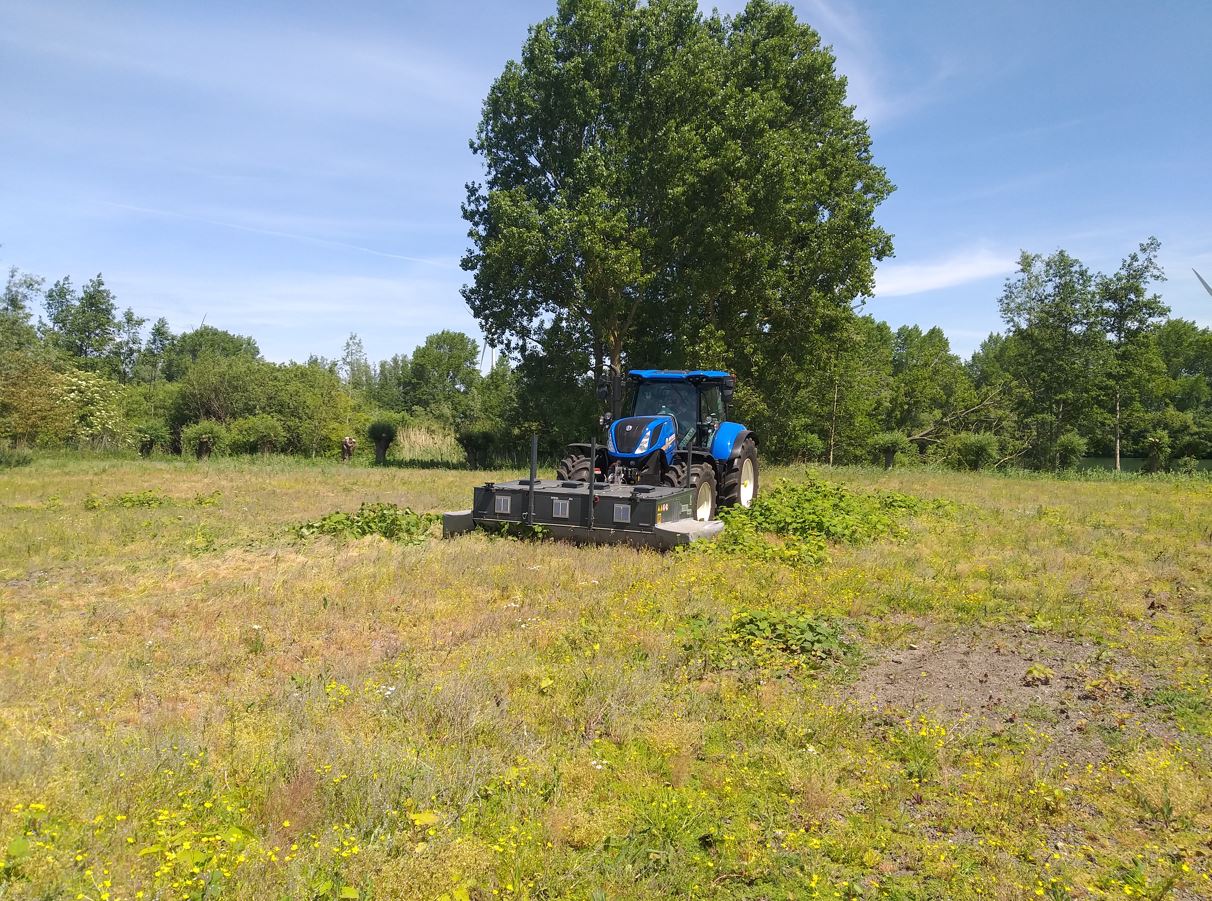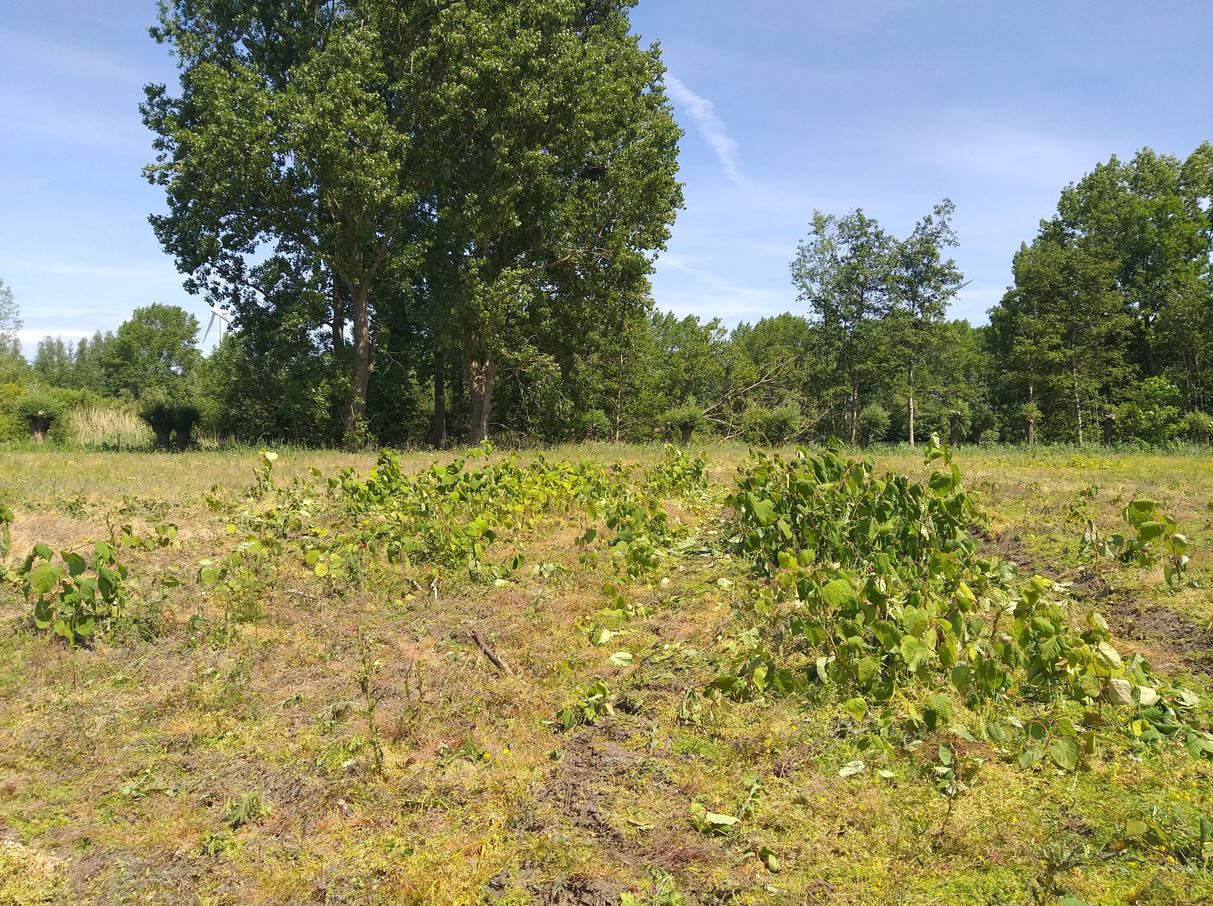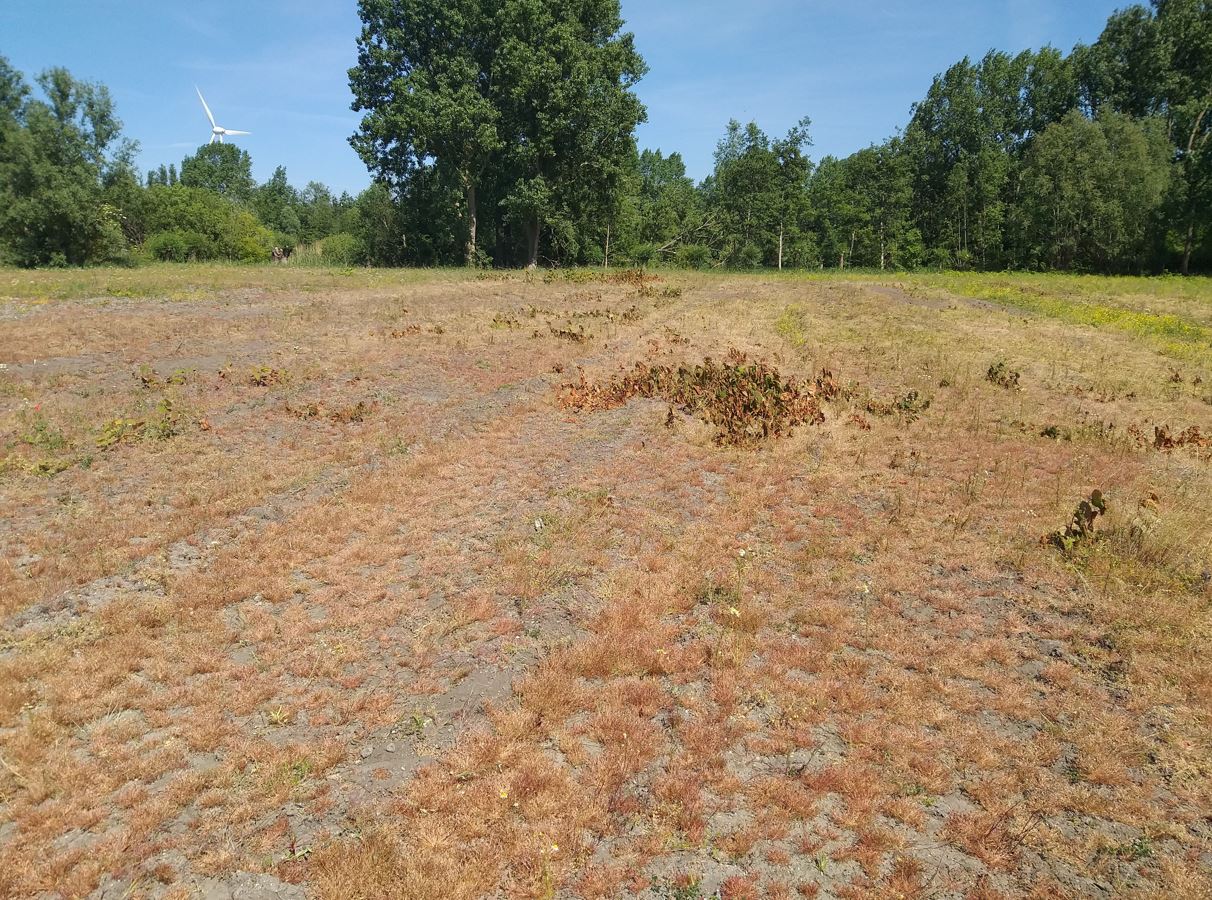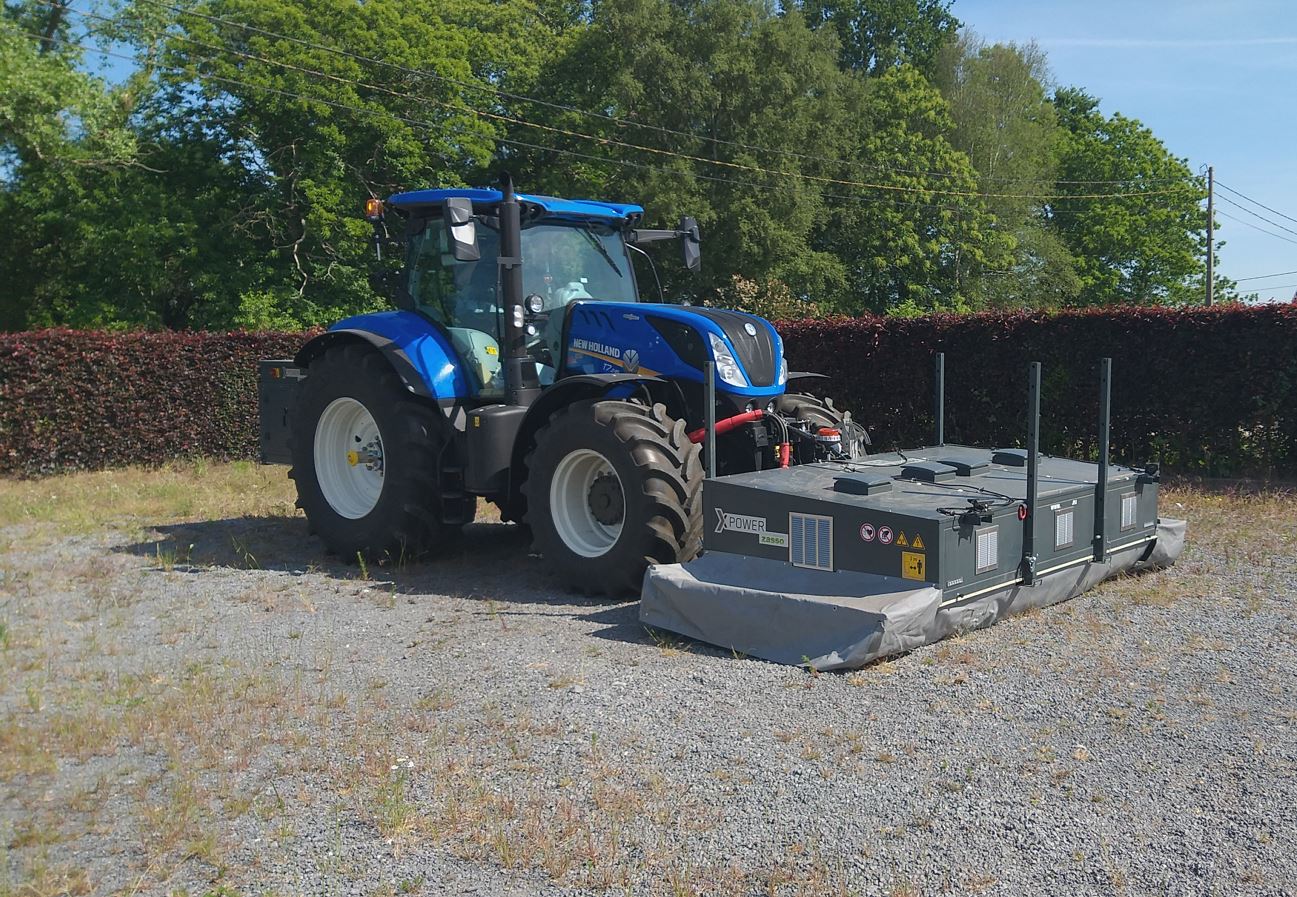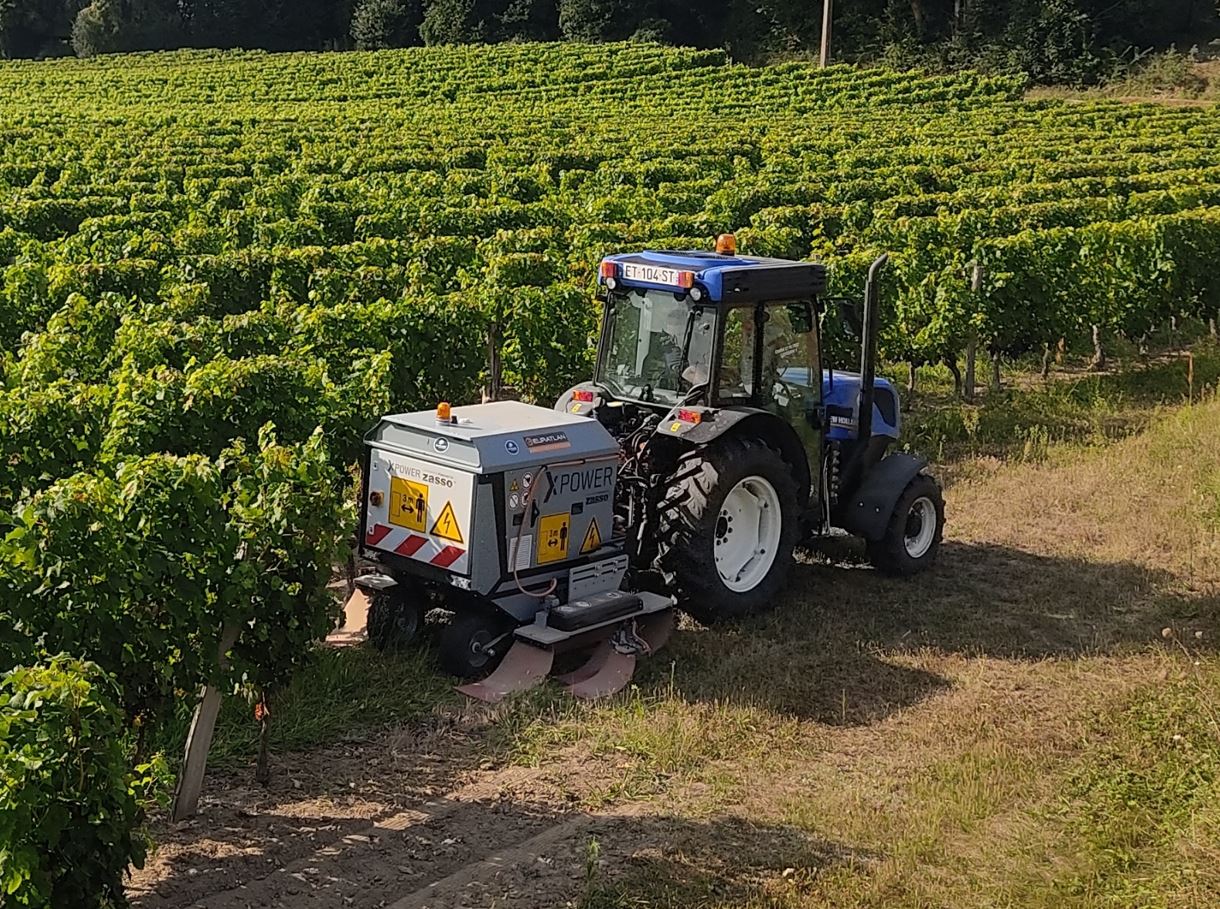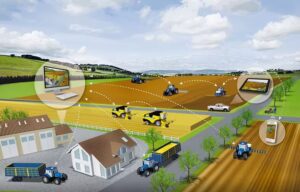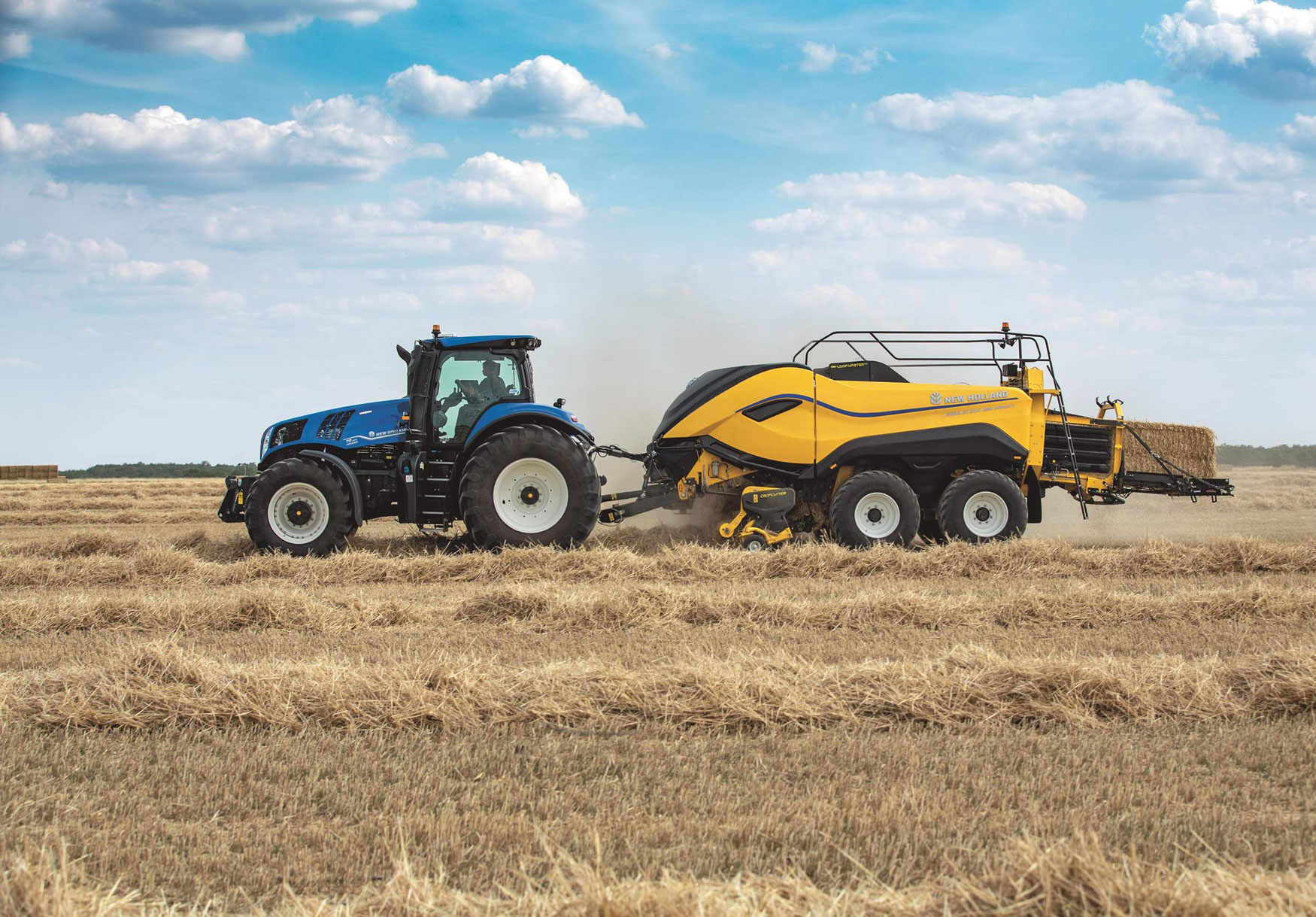Weed control in agriculture is no easy task. Farmers and contractors need to constantly change tactics. Both mechanical and chemical weed control are hampered by complications and result in the need for new methods of removing weeds. Electric weed killers provide a solution. Discover AGXTEND’s XPower electroherbicide at Huis Vallaey.
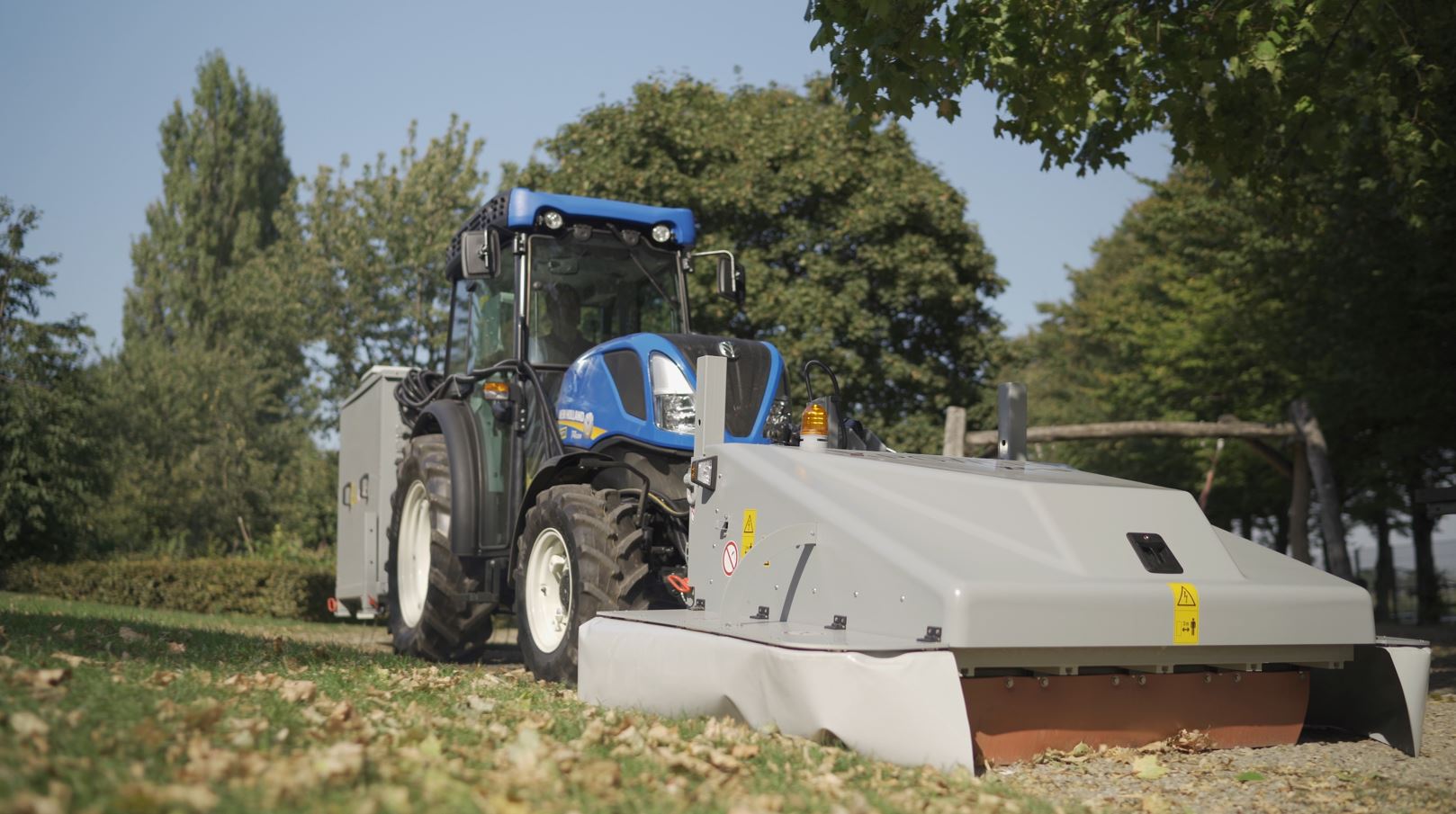
Electric weed killers, the future of agriculture
Electric weed killers use high voltage electricity and electrophysical engineering. The targeted application of the electrical energy destroys both the chlorophyll and the water and nutrient system right down to the roots. The green leaf pigment is then unable to emit absorbed light energy and destroys itself. The plant dies within a second, much quicker than with hoeing or chemical weed control.
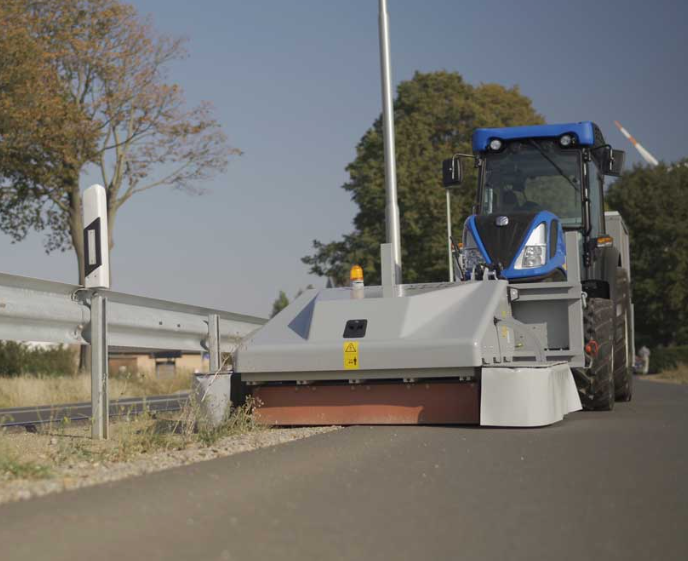
Electric weed control vs chemical weed control
In the 20th century, chemical weed control was prevalent. It was a great success because of its low cost and high yields. Today, numerous studies reveal the risks of using herbicides (and more specifically glyphosate), making chemical weed control less and less popular. Weed control using glyphosate takes at least a few hours before it penetrates the crops.
In addition, more and more crops are demonstrating biological resistance to chemicals. Therefore, chemical weed control is not only bad for our health and the environment, its effectiveness is also decreasing.
Electric weed control vs mechanical weed control
Before the advance of chemical herbicides , mechanical weed control was the most common method of removing weeds. For this purpose, implements, machines and tools were used, such as the weed harrow, hoeing machine or finger harrow. The advantages of mechanical weed control are similar to those of electric weed control. The weeds do not demonstrate resistance to mechanical control, the surface and ground water are not polluted by chemicals and the biodiversity of the plot and its surroundings remains optimal.
However, mechanical weed control has some limitations:
- Small weeds are much easier to remove than large weeds.
- Soil moisture and weather conditions influence the effectiveness of the process.
- Thorough preparation is required: the row width must be constant and the ground must be clean and free of stones, pruning waste and obstacles.
Electric weed control with AGXTEND’s XPower electroherbicide
XPower is a machine by AGXTEND, a precision agricultural brand that provides exclusive agricultural solutions to achieve higher productivity, efficiency and sustainability. The XPower machine is available from all New Holland dealers, including its main dealer Huis Vallaey.
How the XPower machine works
The high-voltage electricity is generated by a generator and flows via an applicator through the plants and into the soil, where it is sealed off with a second applicator. The amount of energy required depends on the type of plant.
The result:
- The electricity damages the chlorophyll in the plants.
- It largely destroys the cells, causing them to die.
- It prevents the flow of water through the vascular bundles.
- The plants dry out and die systemically.
The advantages of the XPower machine
Why is electric weed control using XPower so interesting?
- Safe to use
- Penetrates deep into the roots
- Fast technique
- Long-lasting effect
- Can be used on all types of crops
- Can be used any time, day and night and in all weather conditions
- Plants do not become resistant to the technique
- Maximum soil preservation
- No chemical residues in the plants
Electric weed control and precision agriculture
Electric weed control using XPower is part of precision agriculture. Combined with GPS systems, sensors on the ground, computers and robotisation, the machine is extremely accurate. This benefits productivity, crop yield and time allocation.
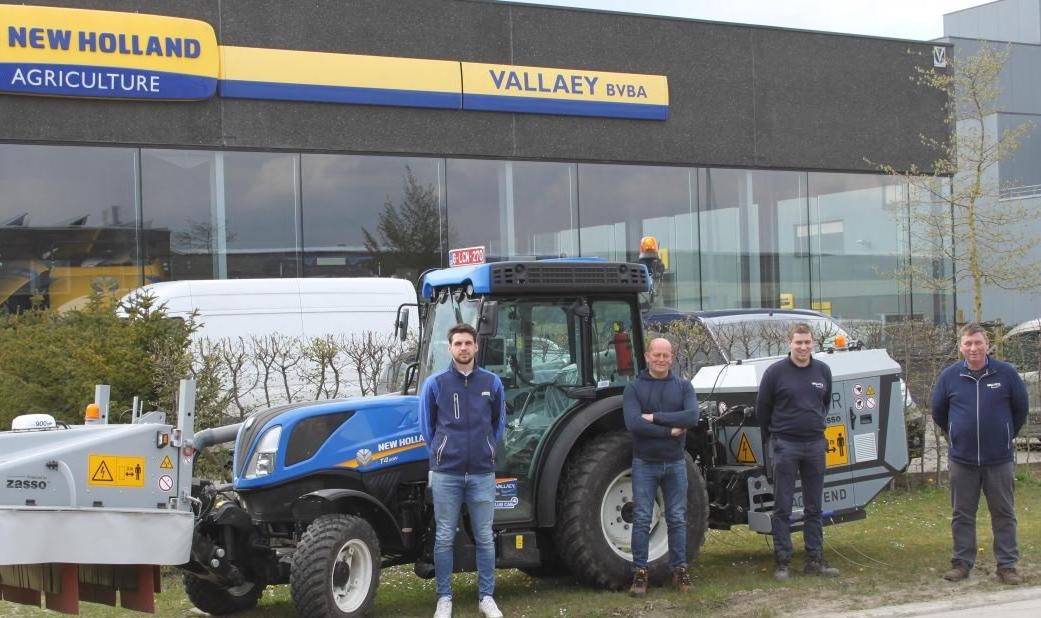
Convinced by electric weed control?
Do your bit as a farmer or contractor and opt for the environmentally-friendly XPower electroherbicide, available at Huis Vallaey. Drop by or call us for more information.
